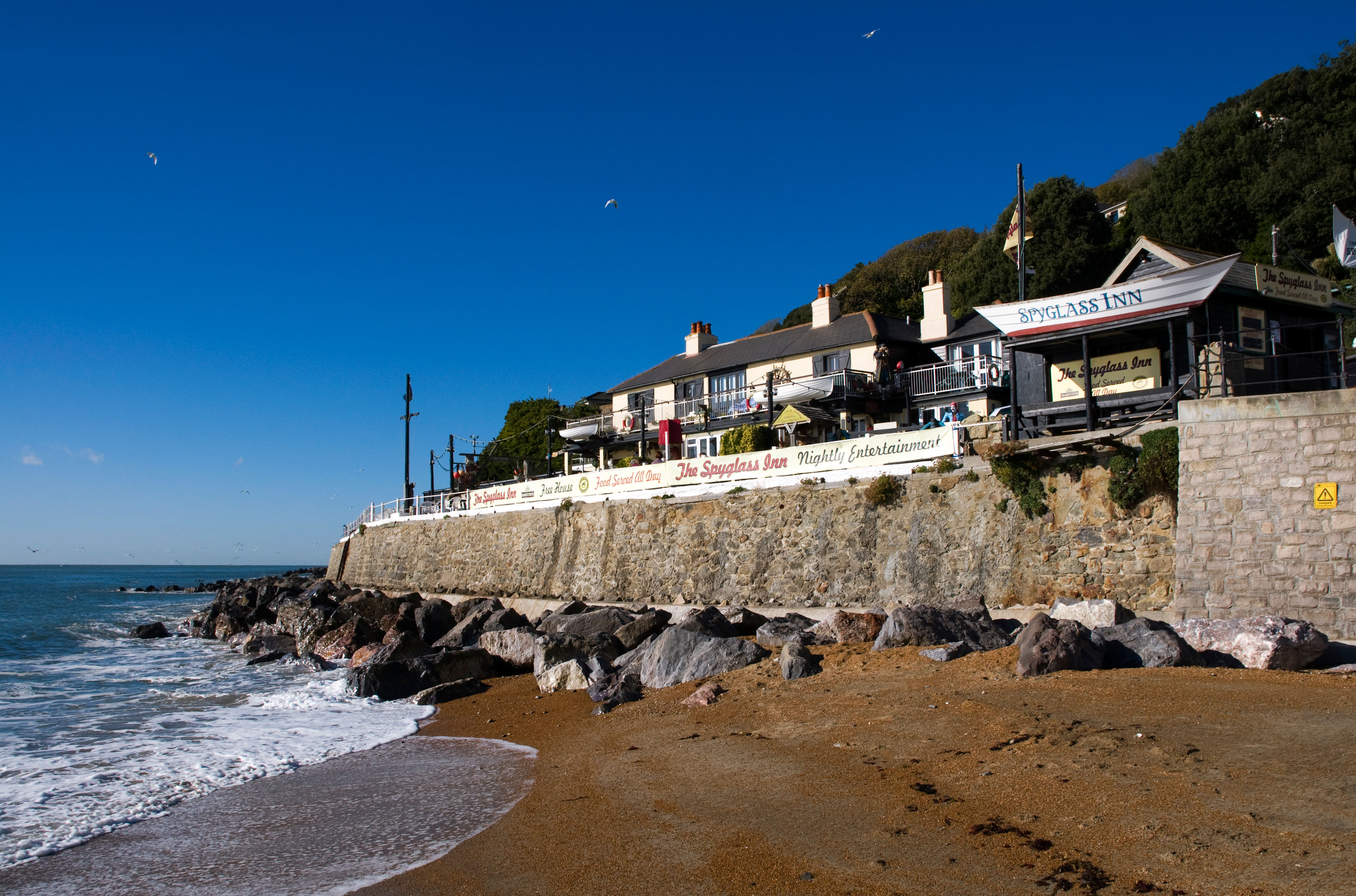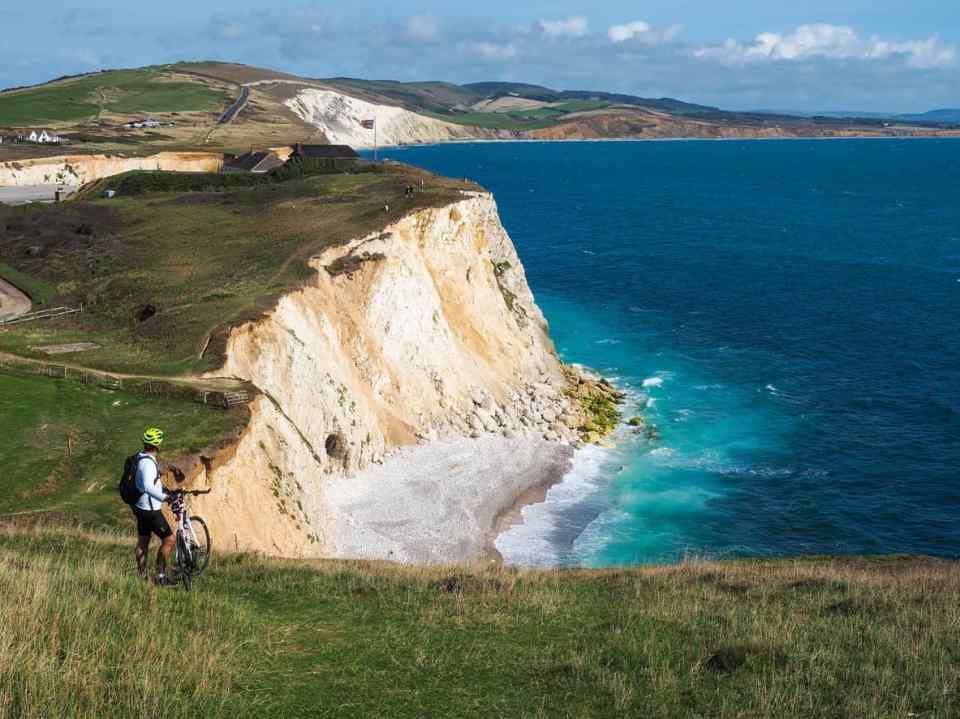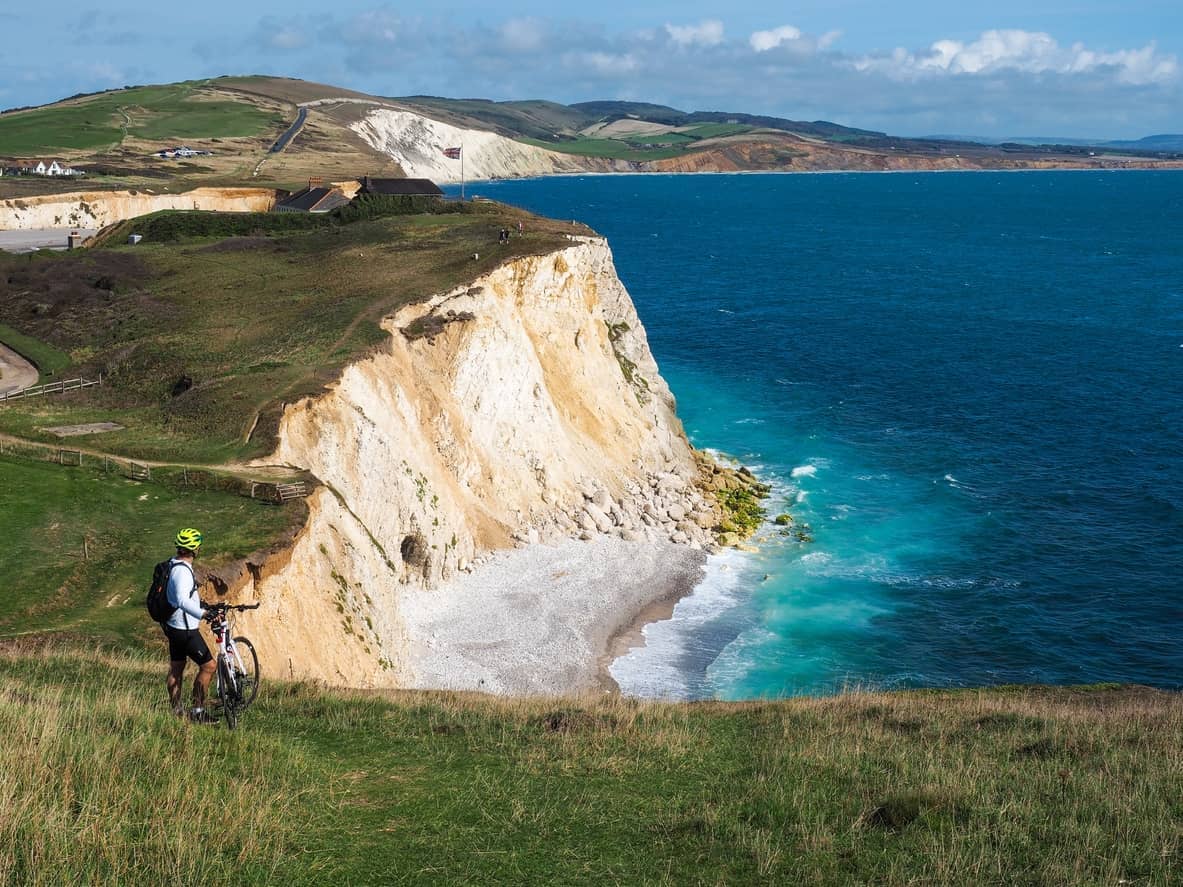This summer promises to be the hottest on record, which is not great news for those of you anxious about the coming climate apocalypse, but better news for those planning a holiday at home – which has become my default position of late. In truth, I haven’t left the country since before the pandemic, and I’ve only been able to make a couple of extended trips to the Isle of Wight – and it’s a place that I’ve come to love deeply. Rather like Mansfield Park’s Fanny Brawne, I can only think of the island, and why it appeals to me so.
Might it be the sparkling weather? Or the unmatched literary heritage? The immaculate beaches, verdant downs and time-warp towns? No, I think the main reason I love the island so much is that it’s not a foodie destination: there are precious few gastropubs serving pork belly at £20 a plate; no luxurious temples to haute cuisine with smooth, irritating clientele; no listicles from London-based writers telling their London-based readers where to score ‘spanking fresh seafood’, the Isle of Wight, thankfully, has yet to be Rick Stein’d, and it’s all the better for it.
That’s not to say that the island doesn’t have great food – it produces wonderful food. Wild garlic grows along the bridleways of the downs (and you can even go to the Garlic Farm in Newchurch if that’s your sort of thing); Arreton Valley, with the highest levels of sunshine in the country, crops juicy cherry-red tomatoes and sleek asparagus; samphire, known as ‘sampher’ locally, can be foraged from the marshes or, if you’re feeling brave, from the bottom of cliffs at Freshwater. There are some proper commercial operations, too, with Adgestone Vineyard offering English sparkling wine (Champagne to you and me), and Goddards Brewery making prize-winning real ale from the pastoral idyll of Barnsley Farm in Knighton.
But what it doesn’t have in the way of restaurants, the island more than makes up for with its gloriously eclectic array of pubs. The Spyglass Inn in Ventnor – just next to where Turgenev started writing Fathers and Sons in 1860 – is a bit of a tourist trap, decked out with dusty nautical artifacts and bizarre life-sized pirate figurines, but it does have a terrace adjacent to the sea that’s certainly worth a daytime visit. If you’re looking for something more authentic, you’re better served marching up the hill to The Volunteer, where the two cubbyhole rooms within are festooned with patriotic memorabilia. Overseen by the publican, the self-styled Lord Graham Perks, it’s an agreeably vintage-tinged place rammed with locals till midnight. And while I can’t vouch for Graham’s claims to noble birth, I can certainly verify that the prices have remained in aspic since the Falklands War: a double gin and tonic costs only £2.70. We had a couple of shall we say, ‘extended evenings’ there, and met a whole array of great people (I don’t remember what we talked about in detail, but I do remember laughing a lot at the time).

The best pub in the town, though, is The Crab and Lobster, which is run by Dave, a cacklingly funny man who runs a very serious quiz every Thursday night that brings in regular punters from the mainland. The Crab has a friendly array of regulars – I spoke to the man in charge of looking after the town’s wild goat population, who are tasked with maintaining the spread of the invasive holm oak trees on the Ventnor Downs – you can hear them bleating away as you make your panting way up to the summit after a few too many pints of Guinness the night before.
If you have a rock-hard constitution, you can walk from one end of the island to the other in a day. We exhausted ourselves with a 14-miler, beginning at Carisbrooke Castle, where Charles I was imprisoned before his execution, continuing through Brighstone Forest, before ending up at the heights of Tennyson Down, the great green cliffside walk that the Poet Laureate used to make daily when he was in residence at Farringford. The best bit of the trip was finishing up at the Highdown Inn in Totland, a real village pub with delicious seafood where we got chatting to Jeff, a man who, having just spoken to us for only five minutes, very kindly bought us some drinks – something that, now I think about it, has never happened to me before in this country.







Comments